AMMAN, JORDAN – Earlier This Week dozens of Al-Wehdat supporters gathered outside the club's headquarters in the heart of Amman, chanting, "Normalization is betrayal! Normalization is betrayal!".
Their demand? That the team boycott its upcoming AFC Champions League 2 Round of 16 match against Shabab Al-Ahli Dubai from the UAE on Wednesday—because the Emirati club features an Israeli player.
That player is none other than Munas Dabbur, the former Israeli national team striker. This is the second time since moving to the Gulf that he has been drawn against Al-Wehdat. Even before setting foot in Amman, he unwittingly sparked controversy. The reason? For Al-Wehdat supporters, it doesn’t matter that Dabbur is an Arab or that he distanced himself from Israel’s national team following tensions with fans over a social media post about Al-Aqsa Mosque. To them, he is, first and foremost, an Israeli. This comes at a time when Jordan-Israel relations have once again made headlines.
Political Backdrop: Jordan’s Role in Gaza’s Future
The controversy over the football match is unfolding amid broader regional tensions. In Washington, Jordan's King Abdullah II recently met with former U.S. President Donald Trump to discuss Jordan's potential role in Trump's proposed plan for Gaza. Jordan has been firm in rejecting the forced displacement of Gazans. However, standing beside Trump, the king stated, "As a first step, we (Jordan) will take in around 2,000 children suffering from cancer and severe medical conditions. We will also listen to Egypt’s plan and try to move forward with them." Yet, shortly after, he issued a statement clarifying Jordan's opposition to any forced migration from Gaza, distancing himself from any implication that Jordan would support such a move.
While it appears that the Jordanian king is cooperating with Trump’s vision for Gaza—at least operationally—his motives seem neither driven by a deep desire to help Gazans nor by any particular goodwill toward Israel.
The Deep Divide Between Jordan and Israel
Since the signing of the 1994 Israel-Jordan peace treaty, much has changed. While the two countries maintain cooperation in security, trade, and agriculture, political, social, and cultural ties remain deeply strained. Jordan is home to nearly three million Palestinians, about 700,000 of whom are registered refugees—making up nearly 40% of the country’s population. The prevailing sentiment among them toward Israel is well-known, and since the outbreak of war in October 2023, hostility has only intensified.
A slogan often heard at Al-Wehdat games encapsulates this sentiment: "One people, not two nations." The club, which originated in the Palestinian refugee camps of southeastern Amman, is a powerful symbol of Palestinian identity in Jordan. For its fans, any normalization of relations with Israel—even through sports—is viewed as outright betrayal.
The Munas Dabbur Controversy
This explains why Al-Wehdat fans protested outside the club’s offices this week. But this is far from the only incident illustrating how Jordanians perceive Israel.
In 2023, when Dabbur faced Al-Wehdat in a match in Dubai, the situation sparked such an uproar that it even reached the Jordanian parliament. That game ended with Dabbur scoring a spectacular goal that eliminated Al-Wehdat from the tournament. This time, in response to his presence, Al-Wehdat fans boycotted the game altogether. Instead, the stands were filled with dozens of Shabab Al-Ahli supporters who had traveled from Dubai.
Shabab Al-Ahli, coached by former Maccabi Tel Aviv manager Paulo Sousa, and featuring ex-Maccabi Haifa defender Bogdan Planic, won the match 2-0. In a moment laden with symbolism, Dabbur entered as a substitute in the 75th minute—replacing the player who had scored both goals: Iranian striker Sardar Azmoun.
A Match That Transcended Football
The protest against Dabbur’s participation is a stark reminder of the complex dynamics between Jordan, Israel, and the broader Palestinian issue. For many in Jordan, football is not just a sport—it is a battleground for identity and resistance. And as long as these tensions persist, even a simple Champions League fixture can turn into a political flashpoint.
Photo courtesy: Shabab Al-Ahli Dubai’s official X account.
Thailand and China will host the AFC U20 and U17 Women’s Asian Cups, aiming to boost youth football development across Asia.
CAF U-20 AFCON 2025 draw is out: Egypt hosts, Nigeria, Senegal, Ghana headline tight groups. Top 4 to qualify for FIFA U-20 WC.
Zamalek out, Stellenbosch through! Four clubs set for thrilling CAF Confederation Cup semi-finals starting April 20.
Al Ahly, Pyramids, Sundowns, and Pirates set up all Egypt vs South Africa CAF Champions League semi-finals in April 2025.
Mohamed Salah has extended his Liverpool contract for two more seasons, aiming for more trophies after another prolific season with the Reds.
Omer Atzili's brace leads a dominant performance as Beitar secures a spot in May's championship match, continuing their impressive season.
Liverpool's Egyptian star forward Mohamed Salah is close to signing a two-year contract extension that will keep him at Anfield through 2027.
Matchday 2 of the Copa Libertadores brought drama, late goals, and surprise results as group battles heat up across South America.
AFC kicks off its first Empowering Women in Football Program, advancing diversity and leadership in the Asian football ecosystem.
Brazilian footballer Sofia Sena detained in Israel over visa issues; faces deportation after Ramat HaSharon denies club affiliation.
Bolivian minnows San Antonio Bulo Bulo beat Olimpia 3–2 in their Copa Libertadores debut. A fairy tale run in the making?
Al-Ittihad rescue a dramatic 2-2 draw vs Al-Ahli in the Jeddah Derby to stay top of the Saudi Pro League in a fiery title race clash.
Cristiano Ronaldo netted a brace to guide Al-Nassr to a 3-1 victory over Al-Hilal in a highly anticipated derby. All the numbers from CR7's performance inside.
José Mourinho grabs rival coach’s nose after Fenerbahçe’s fiery Turkish Cup loss to Galatasaray, sparking chaos and controversy.
Libertadores opens with a 3-3 thriller, big away wins for Racing & Barcelona SC, and a strong start for Cerro Porteño at home.
Home teams dominate CAF quarterfinal first legs—except MC Alger. Pyramids shine with 4-1 win, three others edge narrow 1-0 victories.
Maccabi Tel Aviv secures a historic 3-1 away win over Hapoel Be’er Sheva, reclaiming first place in the Israeli playoff race.
Palestine’s Omar Faraj tied an Allsvenskan record with five goals for Degerfors, earning a rare 10/10 rating across multiple score apps. Here's all you need to know about the Swedish-Palestinian sensation.
Eight teams remain as Africa’s top clubs gear up for blockbuster CAF Champions League quarter-finals starting 1 April.
Goals from Ahmad Faqa and veteran Omar Al Somah mark a triumphant and symbolic return to international football for Syria after regime change.
Salah wants to stay at Liverpool beyond his current deal, as Trent's expected exit to Madrid opens the door for a contract extension.
Argentina crush Brazil 4-1 in qualifiers—a fierce reminder from Scaloni’s squad: the World Cup holders are hungry for another title.
Palestine stuns Iraq, Kyrgyzstan shocks Qatar, and giants slip in tense Asian Qualifiers—drama unfolds across the continent.
Norway outclassed Israel 4-2 with goals from four different scorers, exposing defensive gaps despite a spirited Israeli comeback attempt.
Tensions rise ahead of Israel vs. Norway as politics, security, and World Cup hopes collide in a charged qualifier on Tuesday.
Ahmed Taha shines for Palestine with assist vs Jordan—now Israel’s sports minister wants him banned from the local league.
Israel come from behind to beat Estonia 2-1 in World Cup qualifying opener; Eli Dasa scores winner ahead of Tuesday clash with Norway.
Japan qualify as Asia's World Cup race heats up—big wins, surprise draws, and crucial clashes ahead on Matchday 8.
24 teams fight for the last six spots in the AFC Asian Cup 2027, with high-stakes clashes set to unfold in the Final Round Qualifiers.
Cristiano Ronaldo nets two for Al-Nassr as Al-Ittihad win again to stay top of the Saudi Pro League after Round 27.
Thailand and China will host the AFC U20 and U17 Women’s Asian Cups, aiming to boost youth football development across Asia.
CAF U-20 AFCON 2025 draw is out: Egypt hosts, Nigeria, Senegal, Ghana headline tight groups. Top 4 to qualify for FIFA U-20 WC.
Zamalek out, Stellenbosch through! Four clubs set for thrilling CAF Confederation Cup semi-finals starting April 20.
Al Ahly, Pyramids, Sundowns, and Pirates set up all Egypt vs South Africa CAF Champions League semi-finals in April 2025.
Mohamed Salah has extended his Liverpool contract for two more seasons, aiming for more trophies after another prolific season with the Reds.
Omer Atzili's brace leads a dominant performance as Beitar secures a spot in May's championship match, continuing their impressive season.
Liverpool's Egyptian star forward Mohamed Salah is close to signing a two-year contract extension that will keep him at Anfield through 2027.
AFC kicks off its first Empowering Women in Football Program, advancing diversity and leadership in the Asian football ecosystem.
Brazilian footballer Sofia Sena detained in Israel over visa issues; faces deportation after Ramat HaSharon denies club affiliation.
Al-Ittihad rescue a dramatic 2-2 draw vs Al-Ahli in the Jeddah Derby to stay top of the Saudi Pro League in a fiery title race clash.
Cristiano Ronaldo netted a brace to guide Al-Nassr to a 3-1 victory over Al-Hilal in a highly anticipated derby. All the numbers from CR7's performance inside.
José Mourinho grabs rival coach’s nose after Fenerbahçe’s fiery Turkish Cup loss to Galatasaray, sparking chaos and controversy.
Maccabi Tel Aviv secures a historic 3-1 away win over Hapoel Be’er Sheva, reclaiming first place in the Israeli playoff race.
Palestine’s Omar Faraj tied an Allsvenskan record with five goals for Degerfors, earning a rare 10/10 rating across multiple score apps. Here's all you need to know about the Swedish-Palestinian sensation.
Salah wants to stay at Liverpool beyond his current deal, as Trent's expected exit to Madrid opens the door for a contract extension.
Palestine stuns Iraq, Kyrgyzstan shocks Qatar, and giants slip in tense Asian Qualifiers—drama unfolds across the continent.
Norway outclassed Israel 4-2 with goals from four different scorers, exposing defensive gaps despite a spirited Israeli comeback attempt.
Tensions rise ahead of Israel vs. Norway as politics, security, and World Cup hopes collide in a charged qualifier on Tuesday.
Ahmed Taha shines for Palestine with assist vs Jordan—now Israel’s sports minister wants him banned from the local league.
Israel come from behind to beat Estonia 2-1 in World Cup qualifying opener; Eli Dasa scores winner ahead of Tuesday clash with Norway.
Japan qualify as Asia's World Cup race heats up—big wins, surprise draws, and crucial clashes ahead on Matchday 8.
AFC Champions League Elite draw sets up thrilling quarterfinals as top clubs battle for glory in Jeddah from April 25 to May 3.
Newcastle’s Saudi-backed project wins its first trophy, while Salah’s Ballon d'Or hopes fade amid contract uncertainty and exit rumors.
Al-Hilal chase Ittihad, Ronaldo fumes as he's subbed, Al-Qadsiah stumble, and Benzema shines—Saudi Pro League heats up before break!
Al Hilal's comeback vs. Pakhtakor and Al Ahli's dominant win over Al-Rayyan secure their spots in the AFC Champions League quarters.
Cristiano Ronaldo and Al-Nassr cruise past Esteghlal 3-0, with Ronaldo scoring a Panenka as they advance to the AFC CL quarter-finals.
Iraq refuses to play Palestine’s WCQ in Jerusalem or Jordan, citing VAR concerns. FIFA faces pressure to decide on a neutral venue.
Estudiantes Tel Aviv wins the IFLI2 championship and secures promotion after a dramatic 2-2 draw. A nine-game unbeaten run, star performances, and a historic fifth title.
The 2025 FIFA Arab Cup kicks off in Qatar from Dec 1-18, featuring 16 teams in a key regional showdown ahead of AFCON 2025.

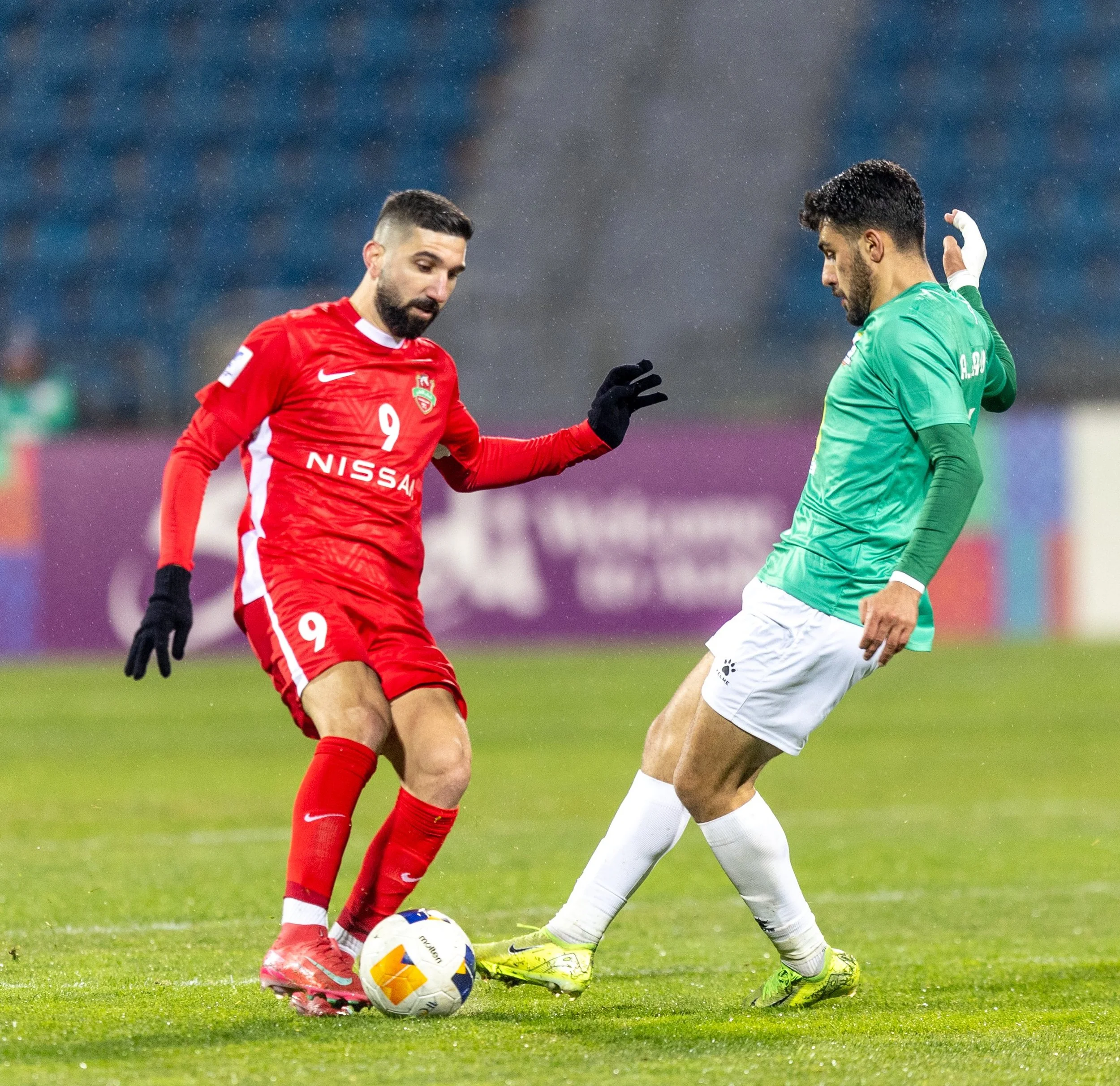

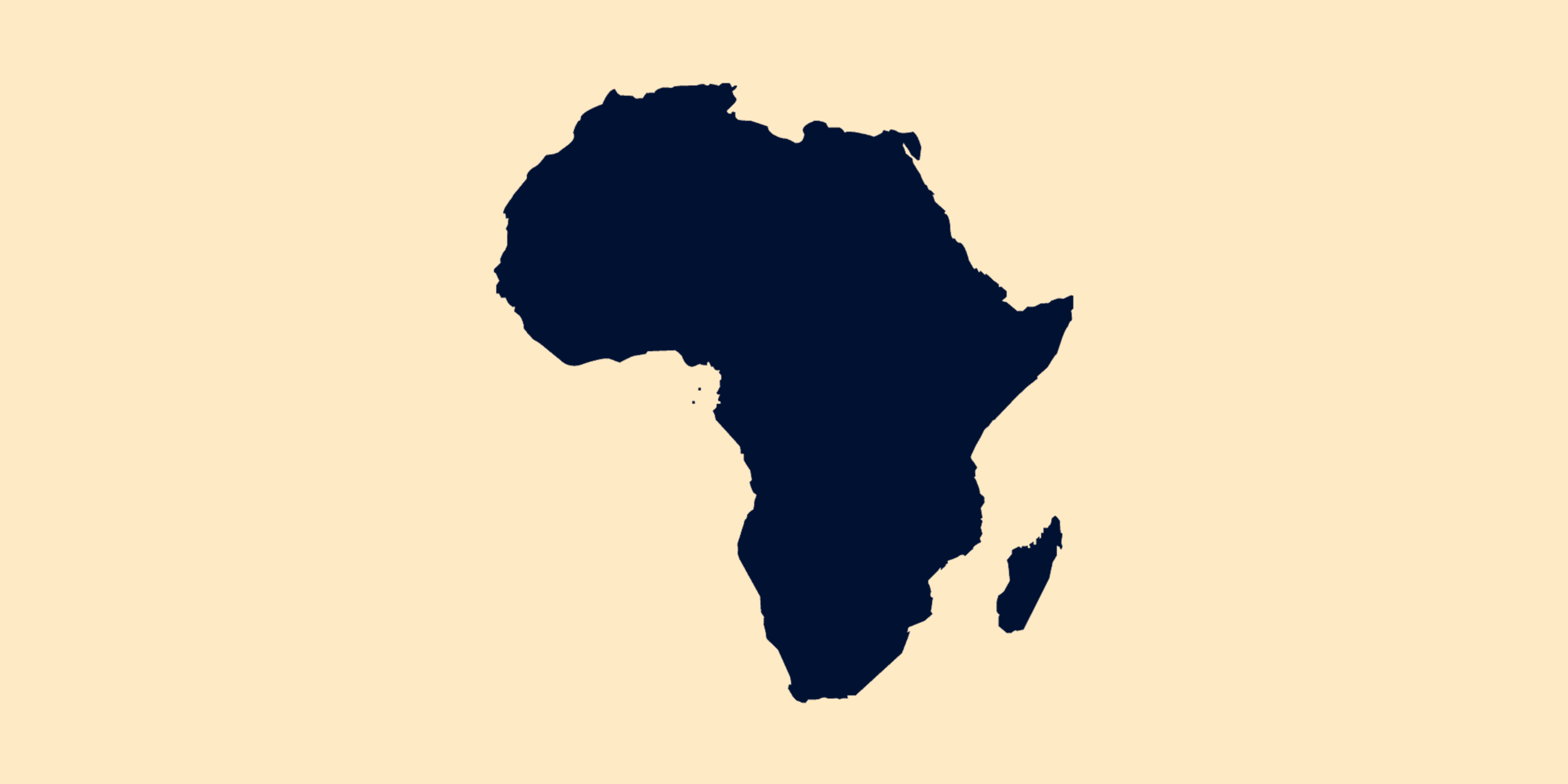

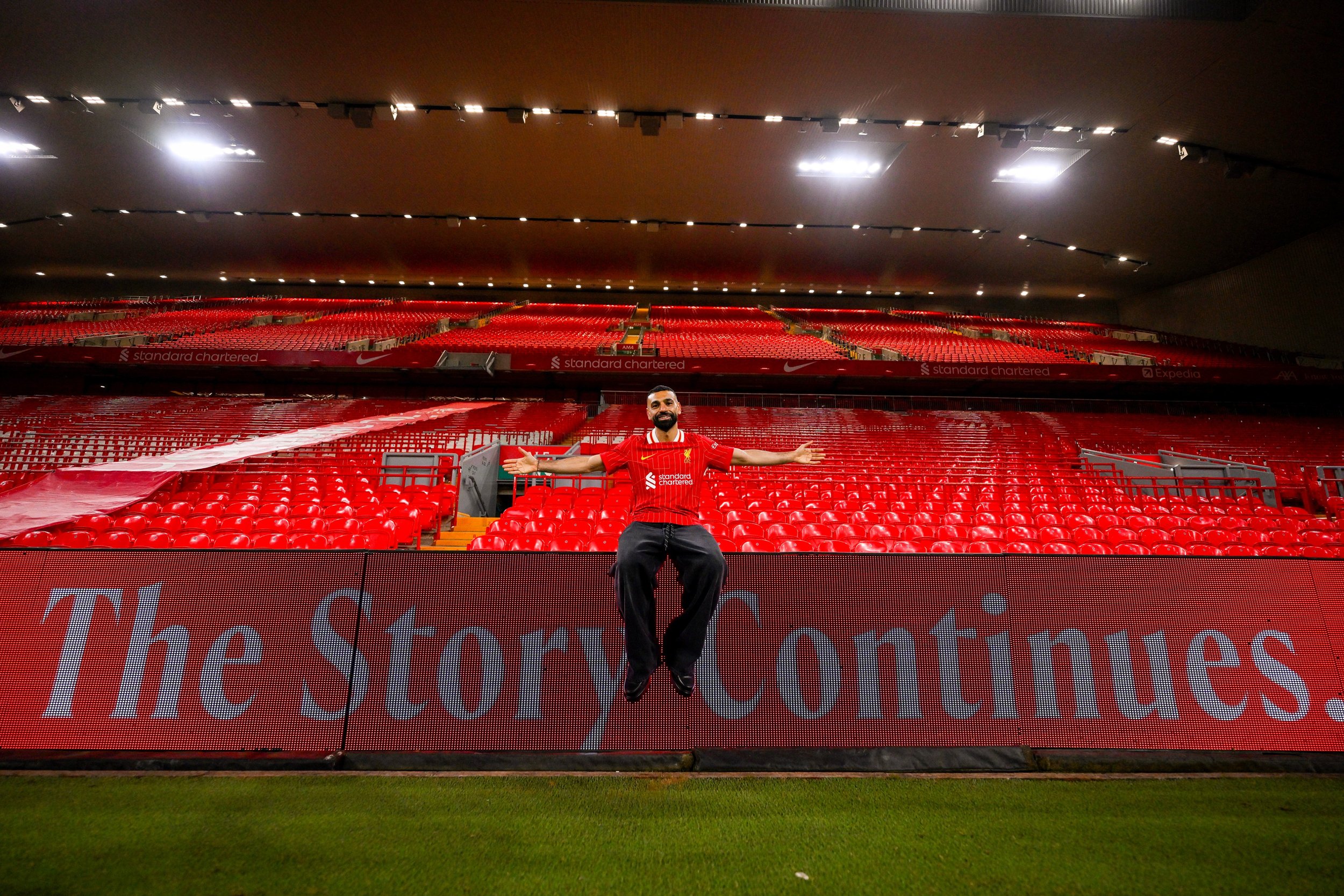
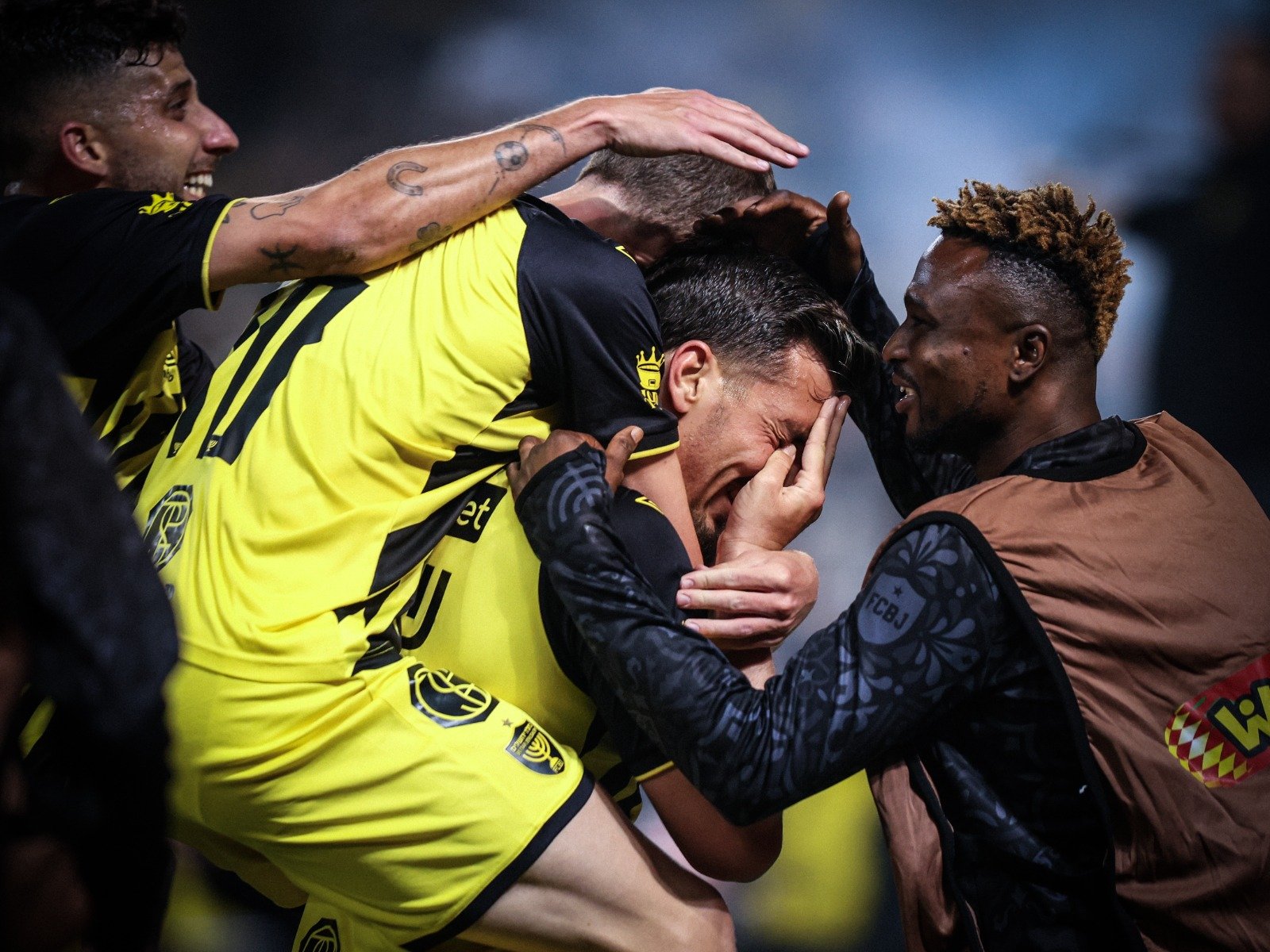



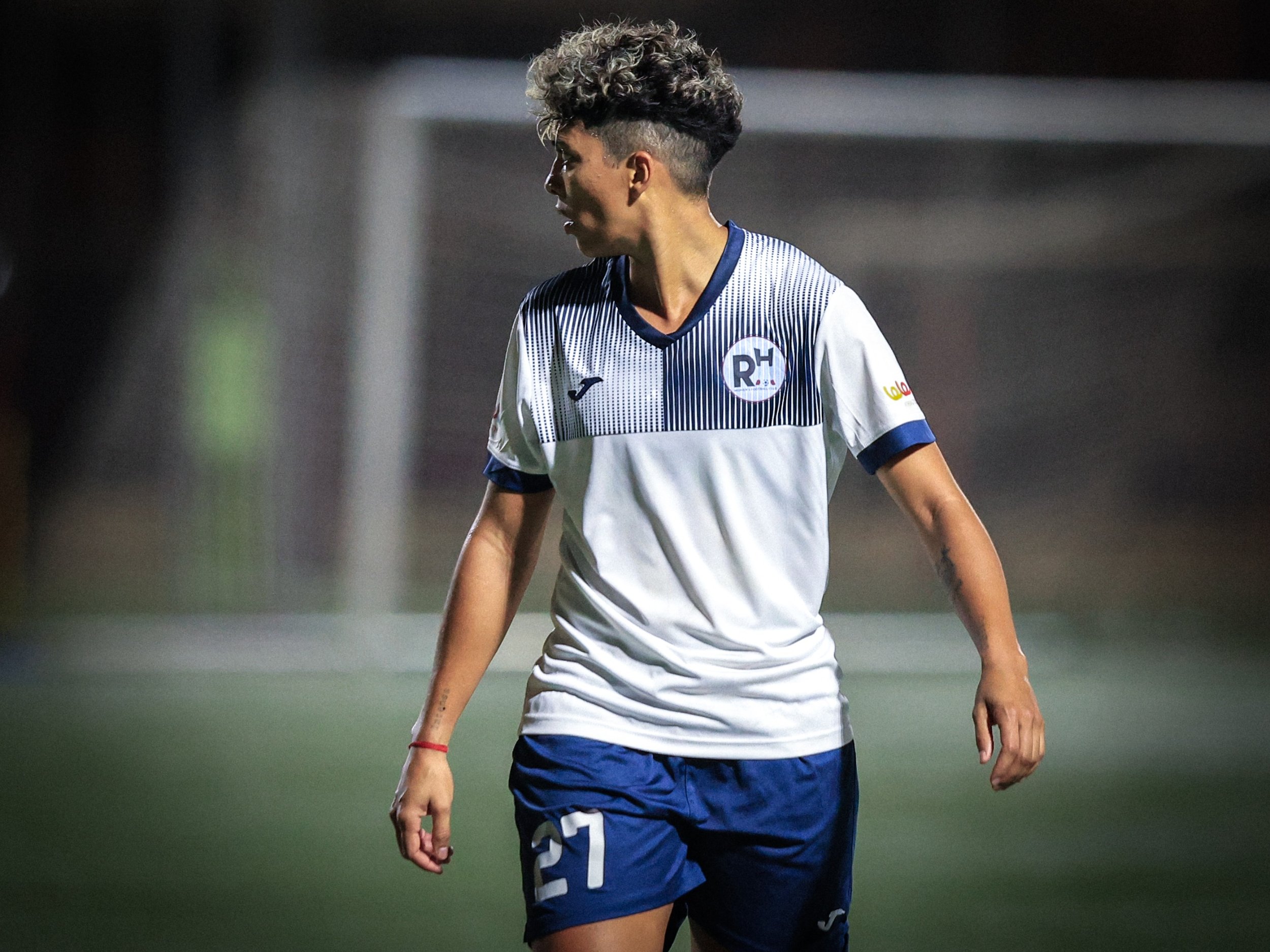
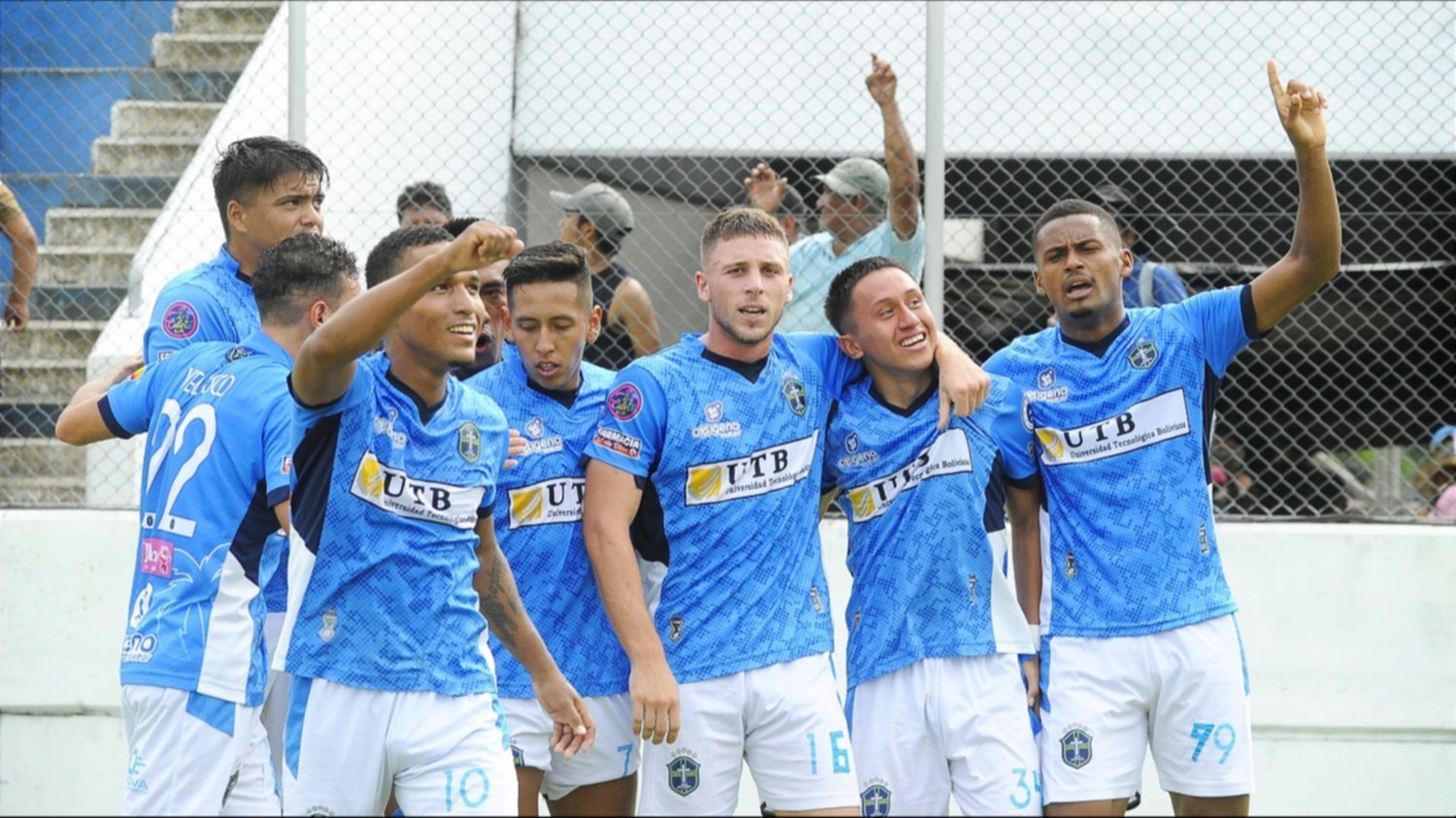
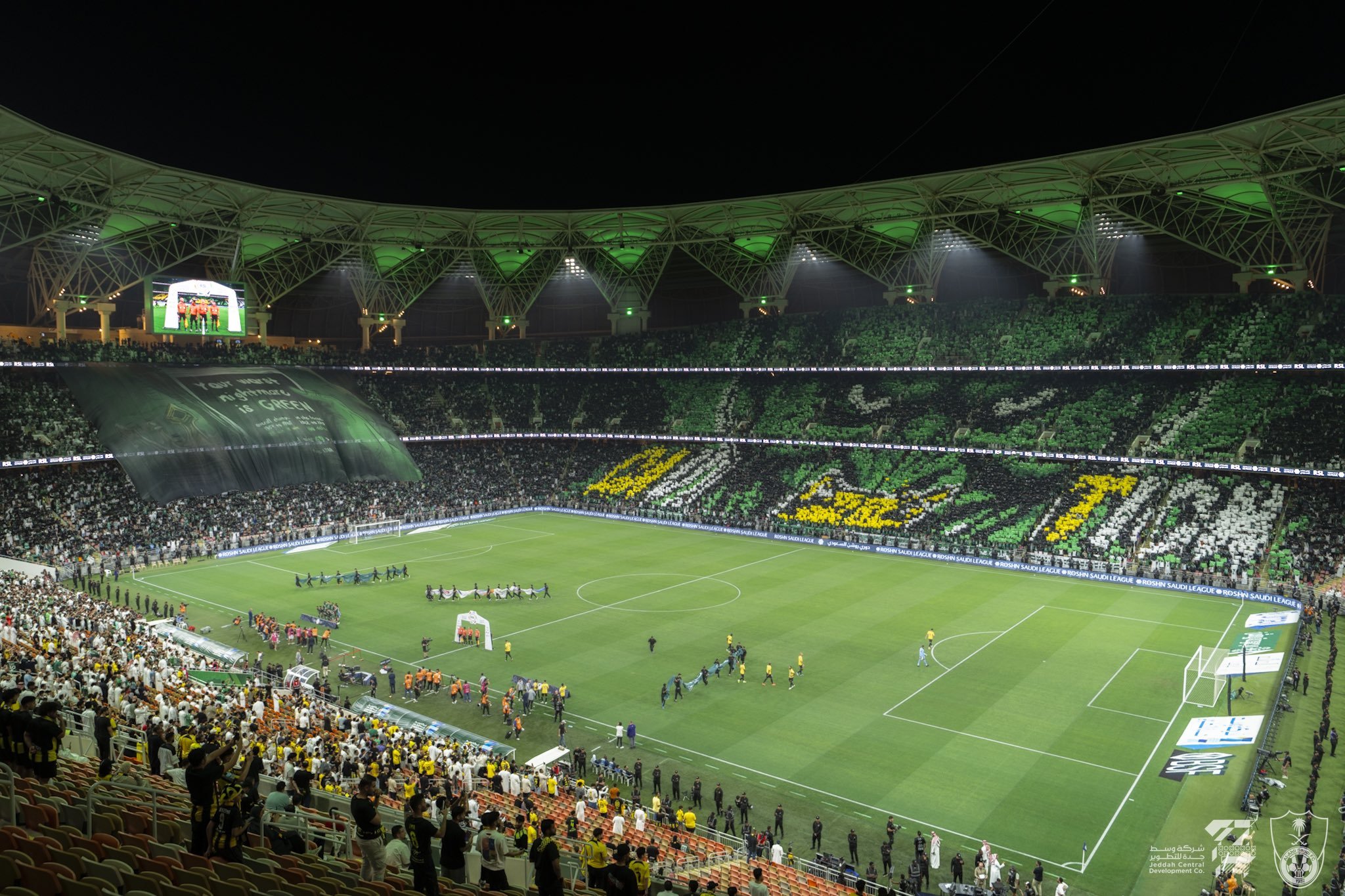
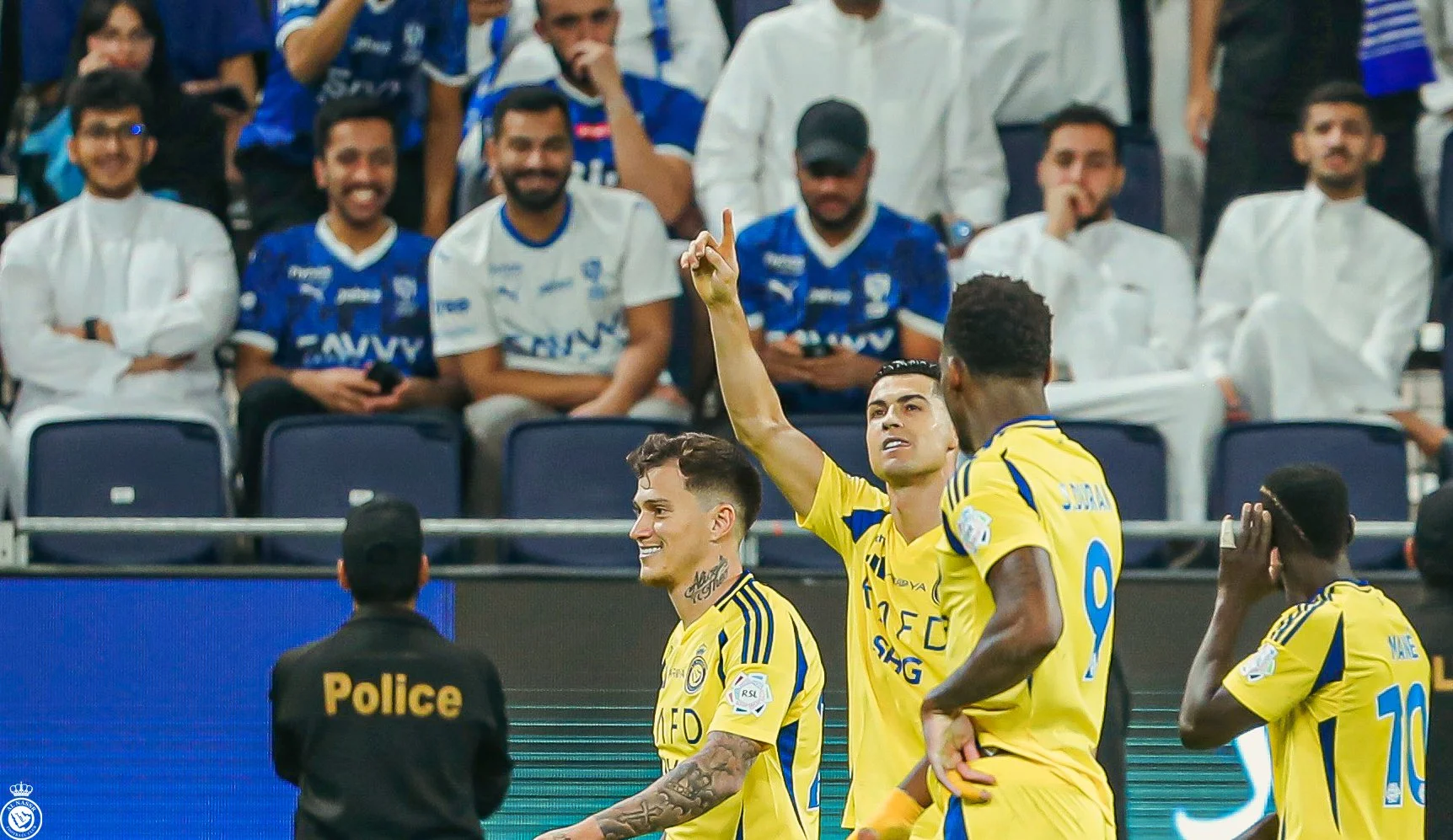




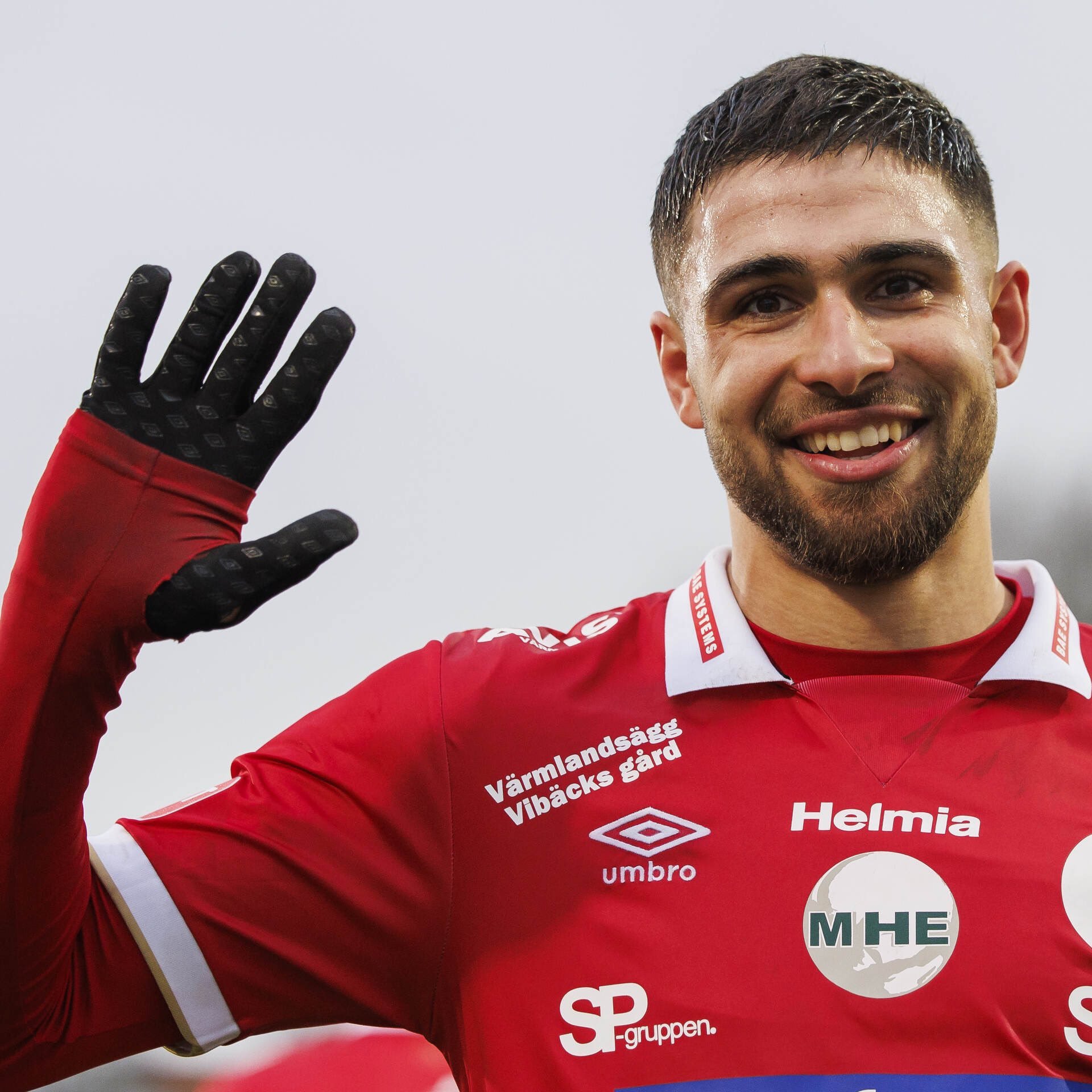

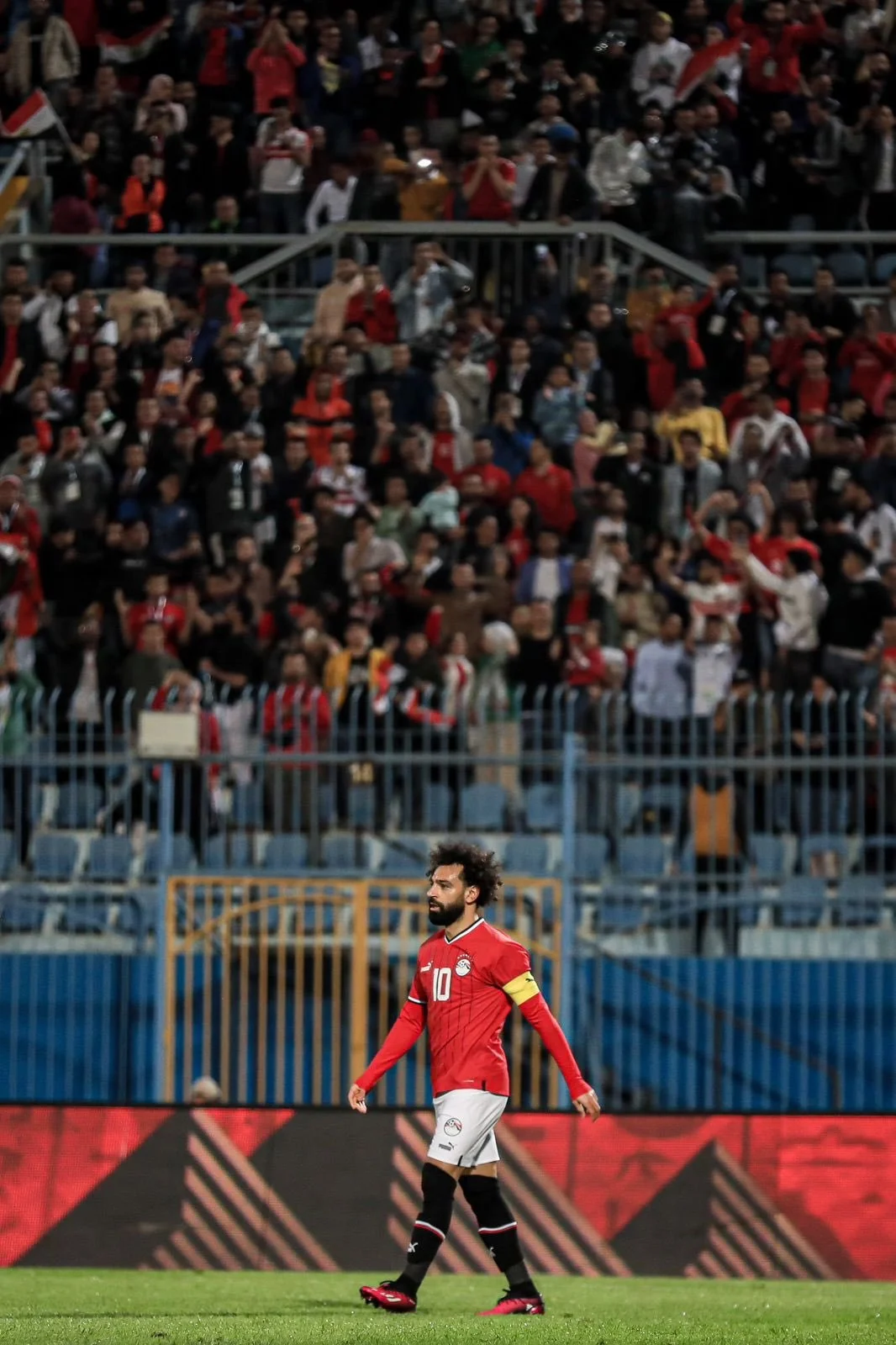

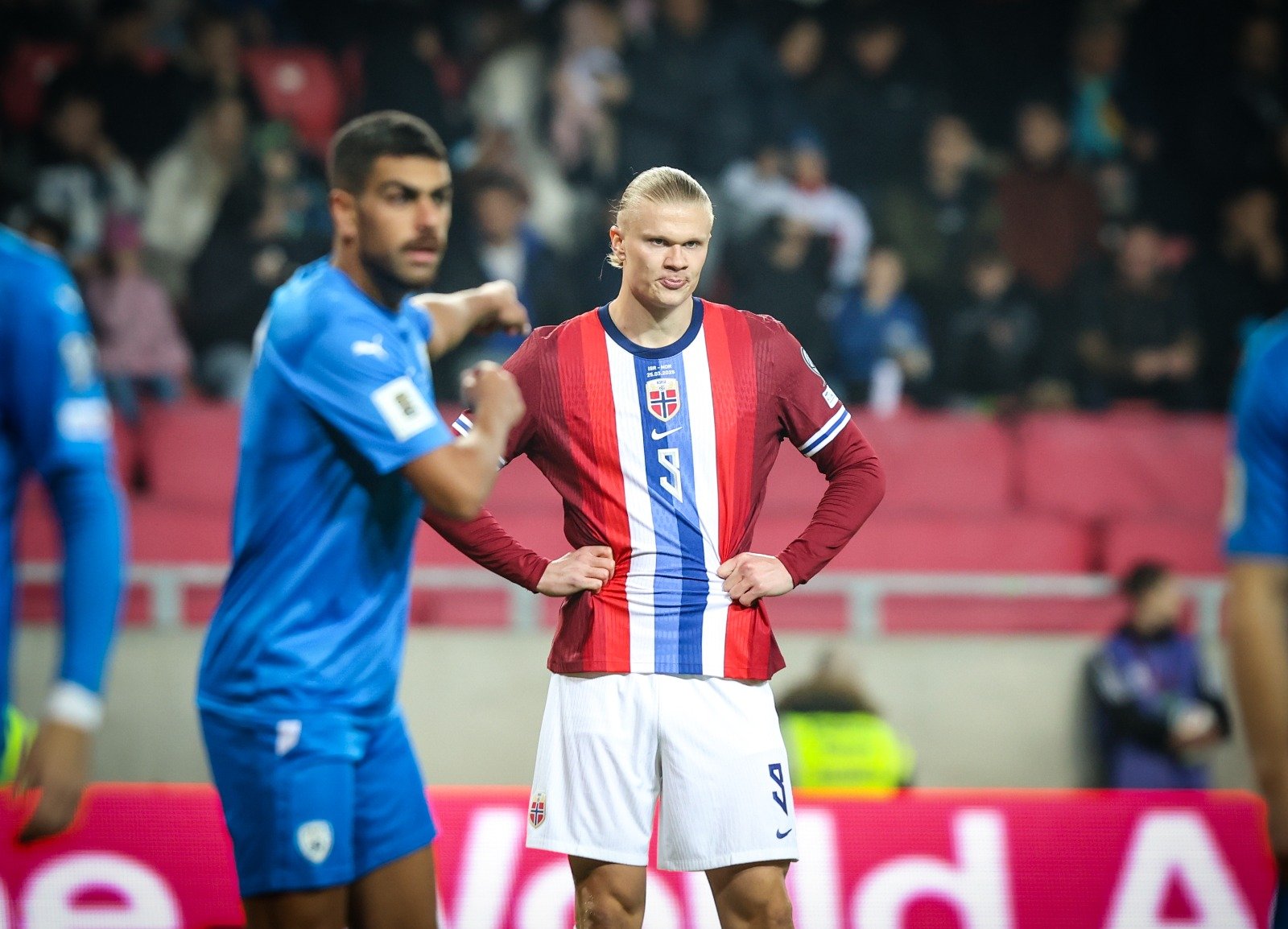
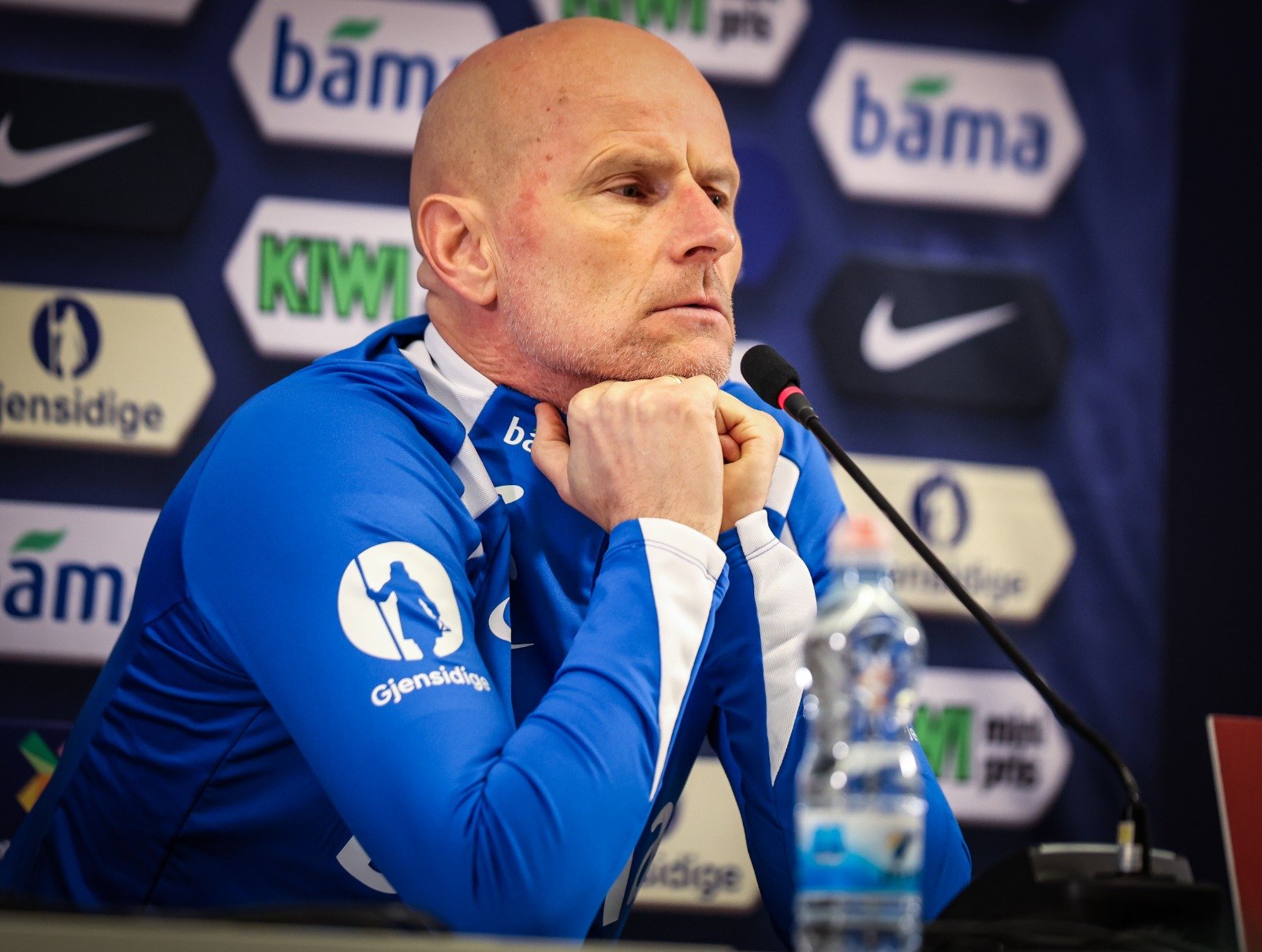
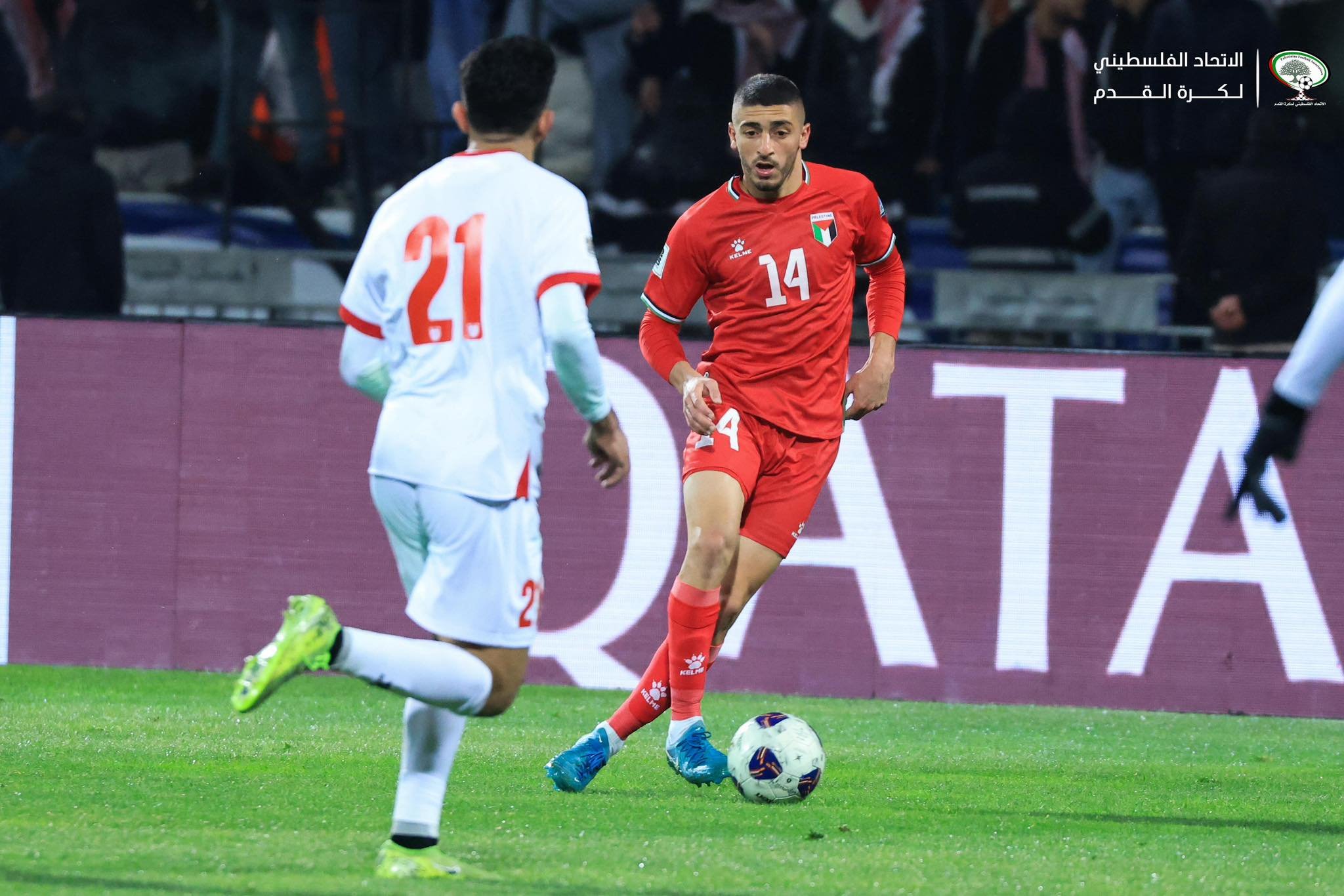
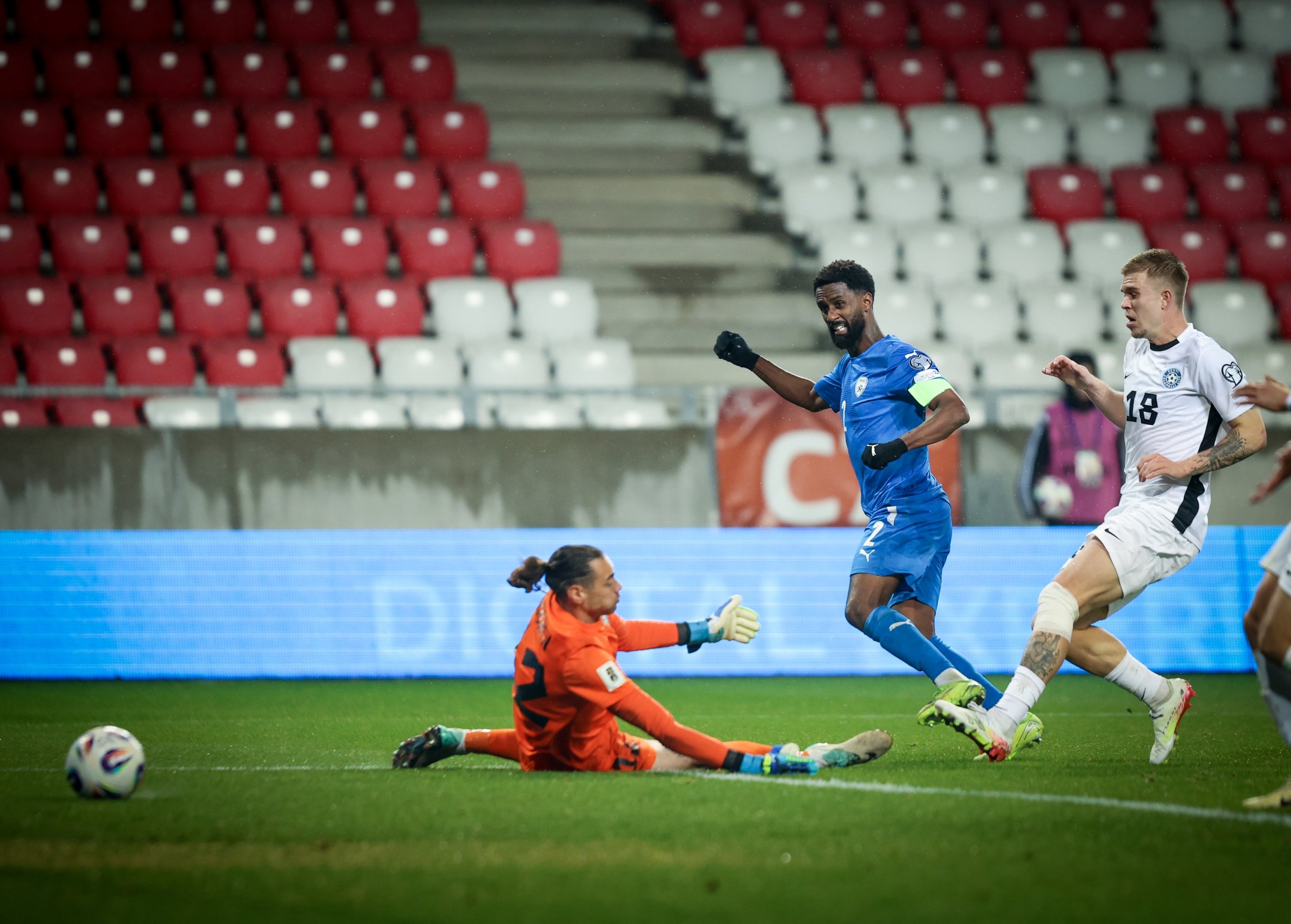
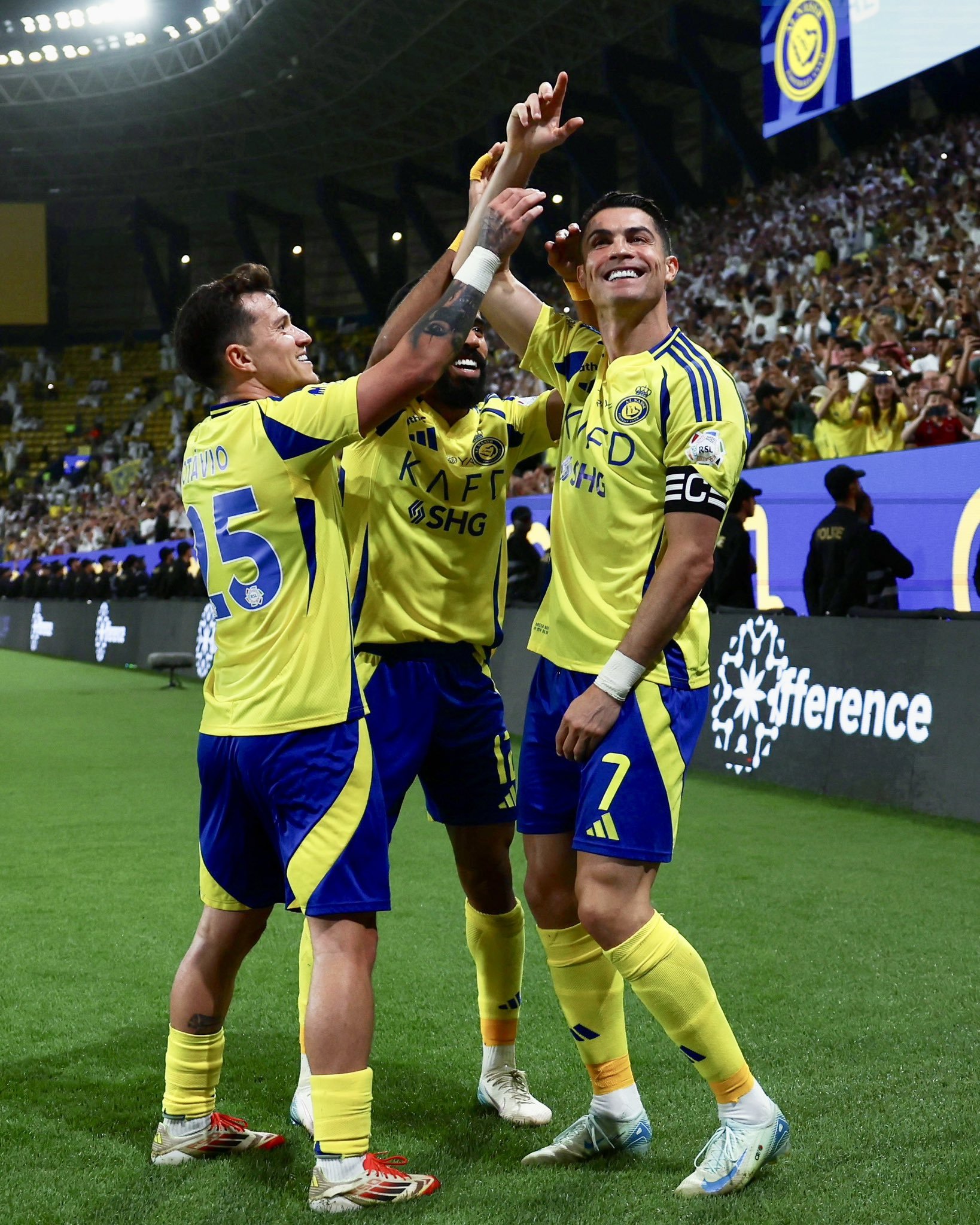
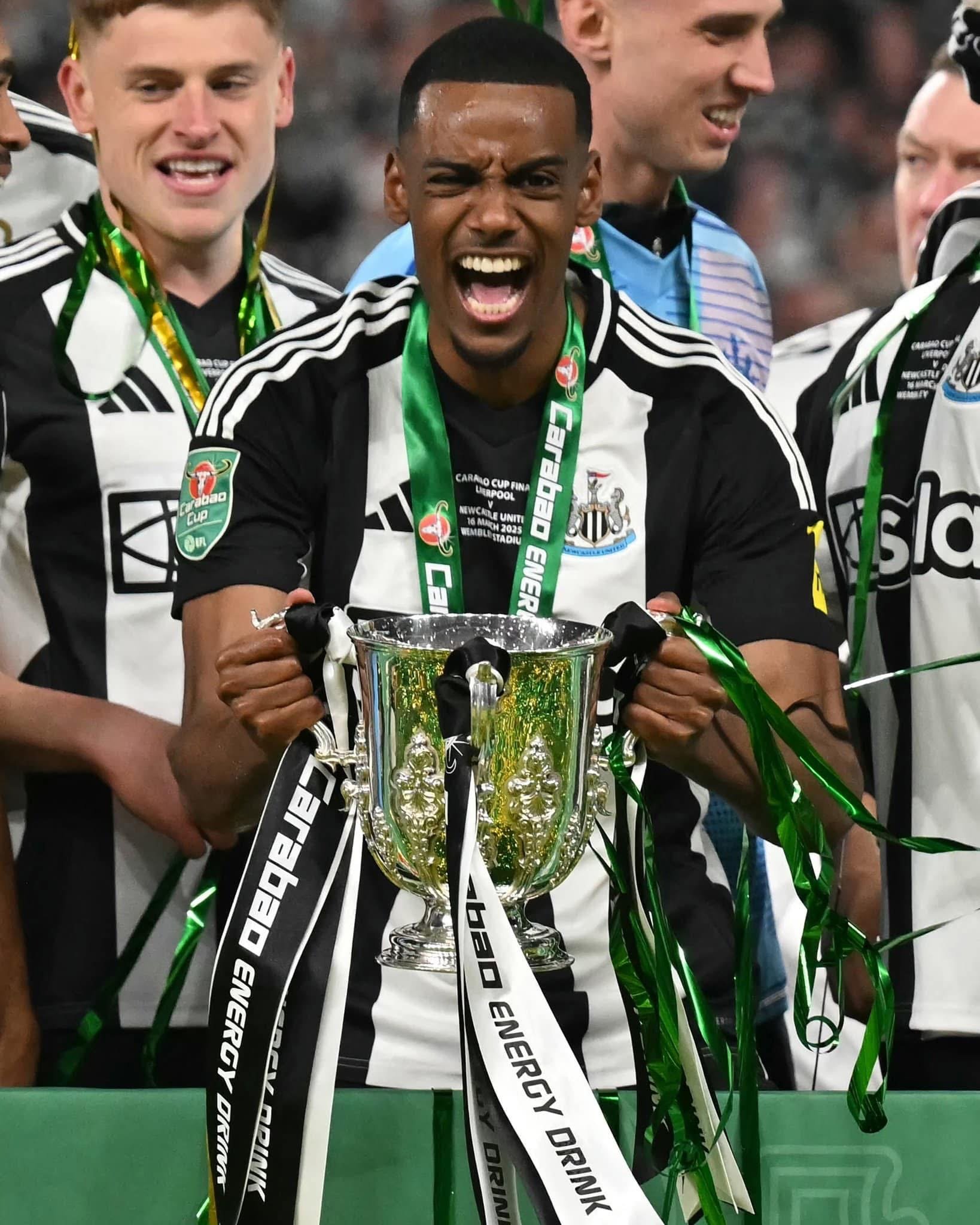
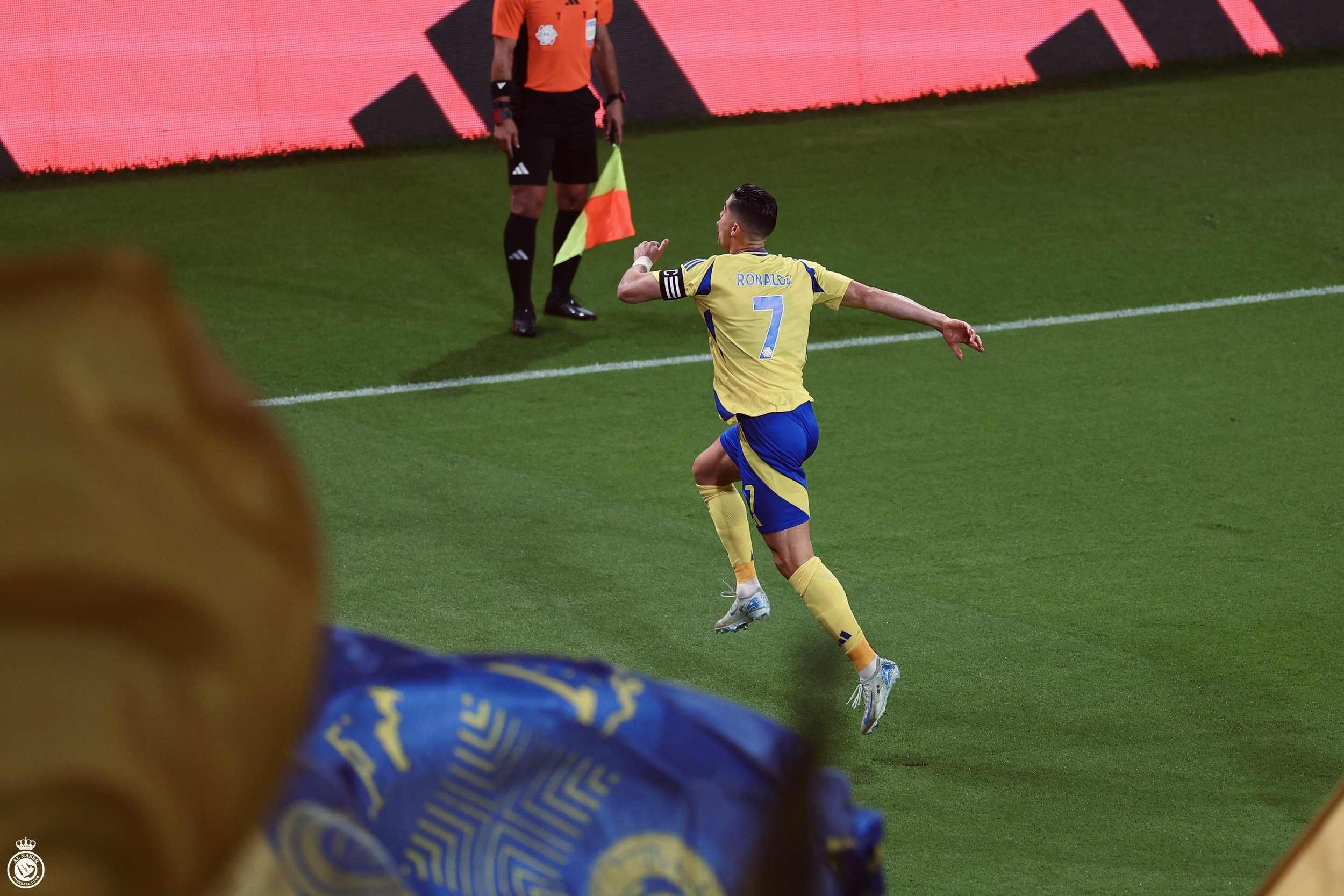

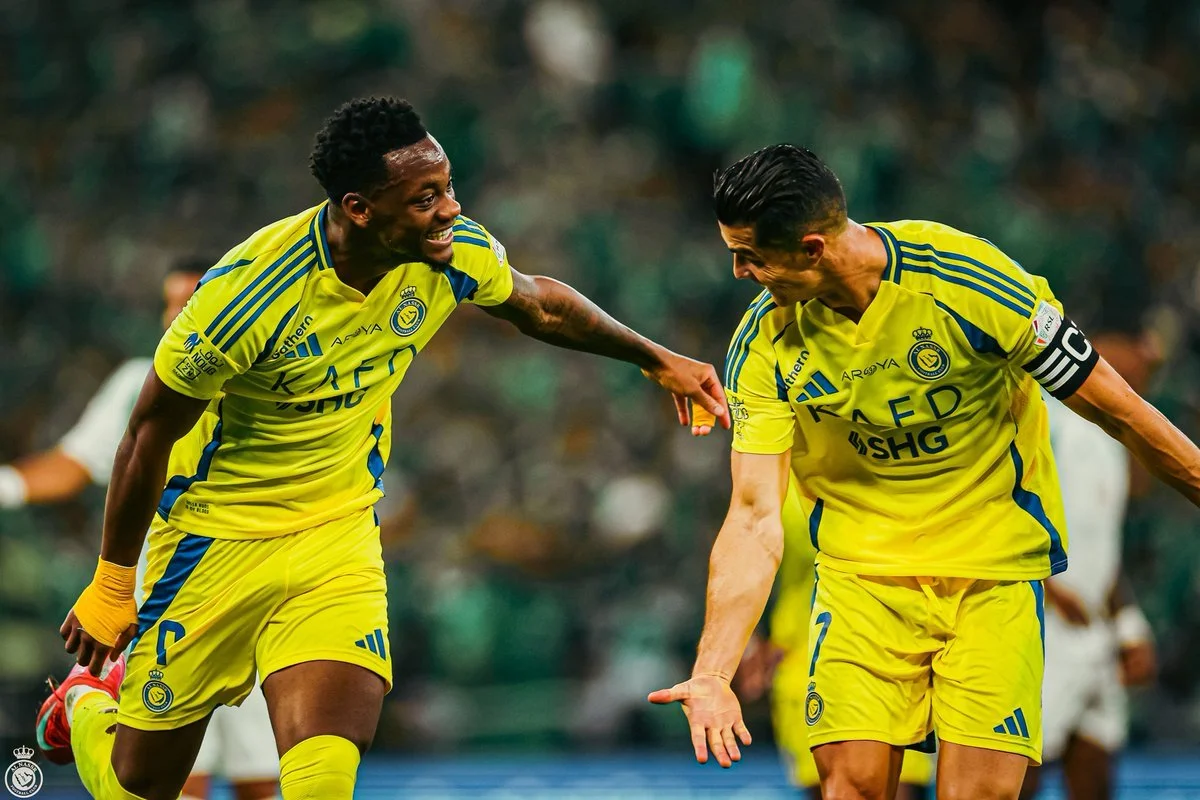

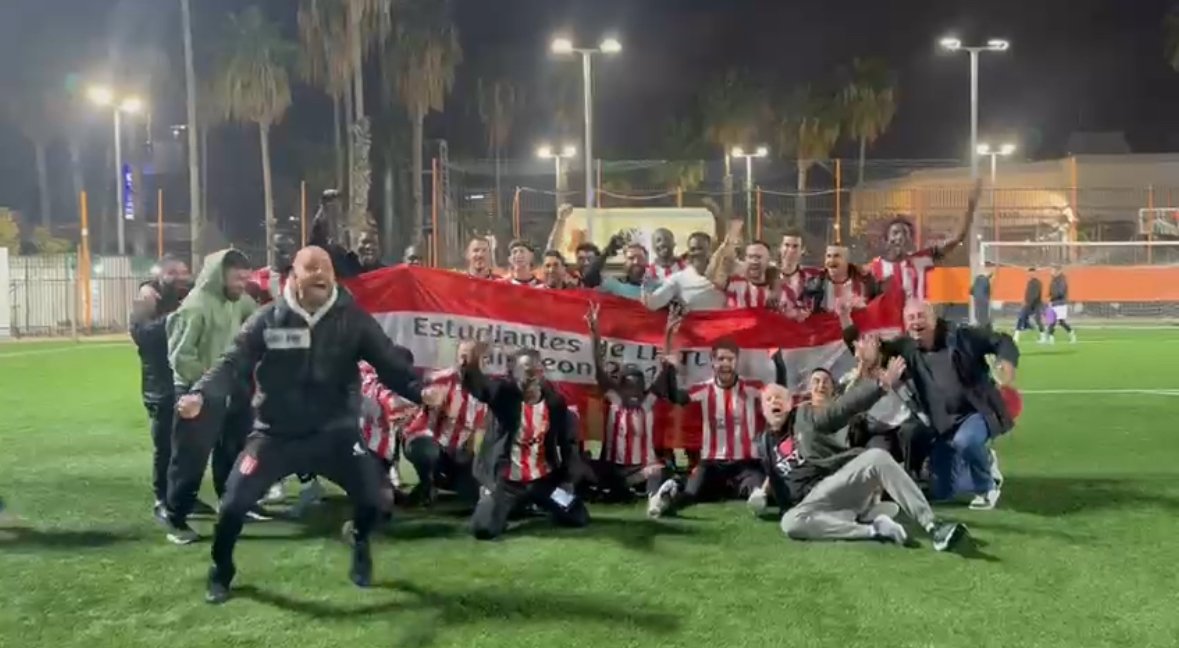

Cristiano Ronaldo nets two for Al-Nassr as Al-Ittihad win again to stay top of the Saudi Pro League after Round 27.